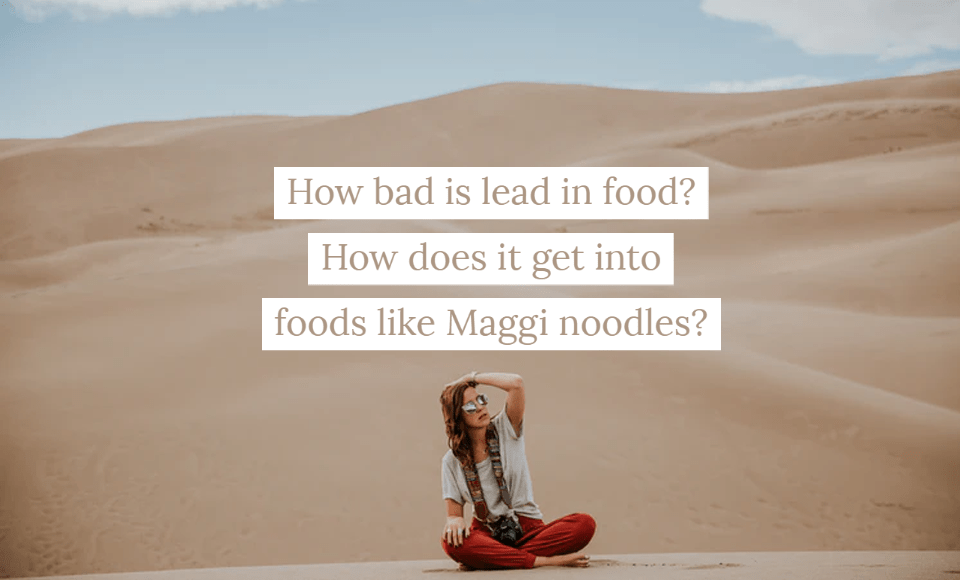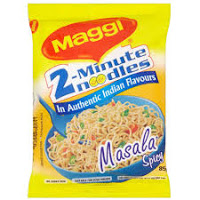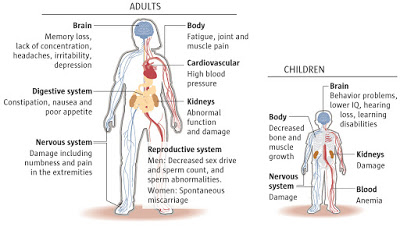For our growth and nutrition, we require a proper diet that must include all the food groups. Usually, most people believe that food groups are limited to meat, vegetables, dairy, etc. In fact, there are a lot of other things that we need for adequate nourishment, including certain metals.
Yes, it may come as a surprise, but it is true. There is a variety of metals that we consume in our everyday life. And while these are needed in small quantities, they are critical for proper body functions. Sometimes, these metals are consumed through natural sources like fruits and vegetables. Other times, they are added in our foods by manufacturers. The dosage of these compounds is handled very carefully to avoid any potential harm to the body.
The most common metal elements added in our food include iron, magnesium, and lead. Even though they can be found in several foods, their presence in Maggi noodles has always become a subject of controversy.
According to many food gurus, these famous noodles contain lead in dangerous quantities. But this was yet again another controversy. The confirmation of the presence of lead in Nestle Maggi noodles triggered public outcry because of nothing. You can say that this drama was created just to defame the company. But before jumping on any conclusion, let’s learn some facts about lead for better understanding.
Lead is a naturally occurring metal, found in all parts of the earth. It has a bluish-grey color with no particular taste or smell. This metal exists in various forms in our environment. It can be present anywhere ranging from the soil to the home appliances.
But if it is so common then why people are afraid of it? Well, in the past, there had been many cases of lead poisoning. When this element is consumed in bulk quantities, it can produce life-threatening reactions.
There are two types of element: organic and inorganic. Organic lead is more toxic than the inorganic one. When taken in large amount, the metal interrupts many body activities. It produces adverse effects on multiple organs like heart, bones, intestines, and kidneys. Not only that, but it also affects our reproductive and nervous systems.
Lead poisoning is a very severe medical condition. It is known from various names like plumbism, colicapictorum, and saturnism. It is caused when the quantity of lead in the body reaches hazardous levels.
This condition is particularly dangerous for pregnant women and children since it causes harm to the nervous system. Children suffering from lead poisoning can develop behavior disorders and personality defects. Other symptoms of lead infection can range from abdominal pain, headache and anemia to coma and death.
When the Maggi issue started, people believed that they could avoid lead toxicity if they stopped using instant noodles. Unfortunately, this metal is one of the most common pollutants. It can enter the body by various means. Exposure to air, food, water, dust, and other products contaminated by lead can result in lead poisoning. So even if you start eating consciously, you cannot eliminate lead from your body system.
Furthermore, many food options are a source of toxic metals. It has been observed that products like chocolates, fruit juices, milk, fish, and even drinking water contain some levels of lead. The point is, there are several ways that lead can enter food products, but that doesn’t mean everything is harmful.
If we take the example of Maggi noodles, its major parts are the noodle cake, tastemaker, and the packing material. Lead can enter this product in multiple ways. For example, the coloring agents used in the tastemaker can be contaminated. Also, the water used to make noodles can become a source. Even the package could get contaminated with lead, who knows?
Food safety regulations must be implemented with precision to avoid such cases. Lead poisoning reportedly causes more than a hundred thousand deaths worldwide every year. But with proper quality control, this number is decreasing. And although we cannot avoid every food product, we can monitor our diet and measure the amount of everything that we consume. After all, it is better to be safe than sorry.


